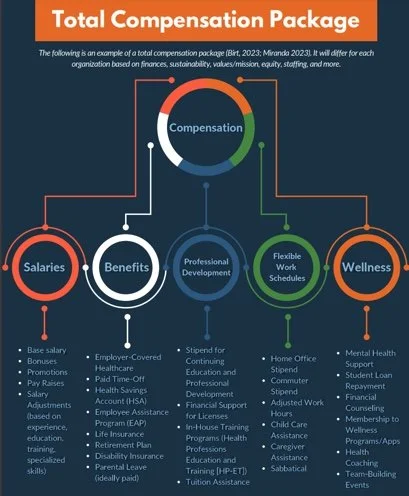Navigating the FTC's Non-Compete Ban: Implications for Health Centers
In a landmark decision, the Federal Trade Commission (FTC) recently voted to issue a final rule banning most non-compete agreements between employers and employees. This decision, which follows a 3-to-2 vote by the commission, marks a significant shift in labor regulations and has far-reaching implications for various industries, including healthcare.
What Does It Mean?
The FTC's ban on non-compete (or restrictive covenant) agreements introduces a new dynamic for health centers in terms of workforce management and retention strategies. Traditionally, these agreements have served as a tool to maintain continuity and protect institutional knowledge by stipulating conditions under which employees operate within the industry. These agreements often bound providers to certain geographic areas or timeframes in an effort to protect the health centers.
However, the final rule issued by the FTC effectively invalidates most existing non-compete agreements and prohibits the enforcement of new ones for the majority of workers. This comprehensive ban extends to forfeiture-for-competition clauses, certain training-repayment agreements, and certain liquidated damages provisions that hinder employees' ability to seek alternative employment or start their own businesses after leaving their current roles.
Moreover, the rule applies broadly to all types of workers, regardless of their employment status or title. Whether an individual is an employee, independent contractor, intern, or volunteer, they are protected by the FTC's ban on non-compete agreements. This broad definition ensures that all workers have the freedom to pursue their career goals without undue restrictions from their employers. This rule is currently being challenged in the courts so more to come!
Creating an Environment for Retention
In response to the FTC's non-compete ban, health centers will need to prioritize creating an environment where providers feel valued, supported, and motivated to stay. While removing non-compete agreements grants providers greater freedom and flexibility in their career choices, it also raises the stakes for health centers to compete for top talent.
One of the most effective ways for health centers to retain providers is by offering a comprehensive compensation package that goes beyond just salary. Dr. Michelle Fernandez Gabilondo emphasizes the importance of a holistic approach to compensation, encompassing not only financial rewards but also benefits, work-life balance initiatives, support services, and professional development opportunities.
By investing in their providers' well-being and professional growth, health centers can differentiate themselves as employers of choice and cultivate a culture of loyalty and commitment. This proactive approach not only mitigates the risk of provider turnover but also enhances patient care continuity and organizational stability.
Many health centers might argue that accomplishing everything is unfeasible, yet it's important to ask: What can we offer? And, where can we start?
Moving Forward
As health centers navigate the implications of the FTC's non-compete ban, proactive measures are essential for maintaining a competitive edge in the recruitment and retention of providers. Assessing current compensation packages, soliciting feedback from providers, and adapting strategies to meet evolving needs will be critical in this endeavor.
Furthermore, staying abreast of legal developments and industry trends is essential for ensuring compliance with regulatory requirements and adapting organizational policies accordingly. By remaining agile and responsive to changes in the regulatory landscape, health centers can position themselves for success in the post-non-compete era.
In conclusion, while the FTC's ban on non-compete agreements presents challenges for health centers, it also offers opportunities for innovation and growth. By fostering a supportive and rewarding work environment, health centers can attract and retain top talent, thereby ensuring the continued delivery of high-quality care to their patients.

